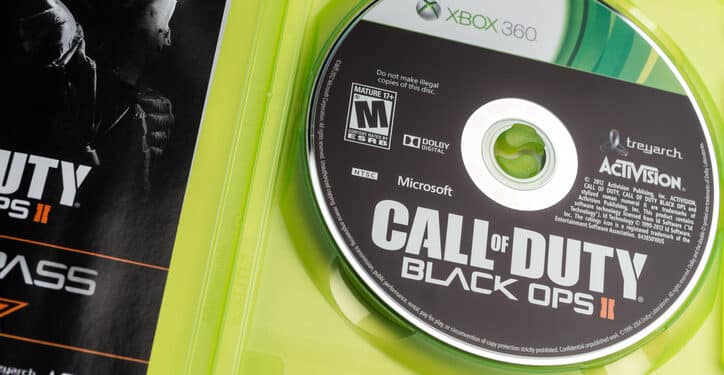On February 3, the U.S. Securities and Exchange Commission (SEC) announced charges against Activision Blizzard Inc., a video game development and publishing company. The SEC charged Activision with, among other things, violating the agency’s whistleblower protection rules. Activision agreed to pay $35 million to settle the charges.
According to the SEC, “between 2016 and 2021, Activision Blizzard executed separation agreements in the ordinary course of its business that violated a Commission whistleblower protection rule by requiring former employees to provide notice to the company if they received a request for information from the Commission’s staff.”
SEC Whistleblower Program rule Rule 21F-17 states that “No person may take any action to impede an individual from communicating directly with the Commission staff about a possible securities law violation, including enforcing, or threatening to enforce, a confidentiality agreement… with respect to such communications.”
The SEC’s order further clarifies that Activision’s separation agreements undermined the purpose of Rule 21F-17 despite containing language which stated “‘Nothing in this Release prevents me from . . . giving truthful testimony, or truthfully responding to a valid subpoena, or communicating or filing a charge with government or regulatory entities (such as the Equal Employment Opportunity Commission, National Labor Relations Board, Department of Labor, or Securities and Exchange Commission.)’”
“Taking action to impede former employees from communicating directly with the Commission staff about a possible securities law violation is not only bad corporate governance, it is illegal,” said Jason Burt, Director of the SEC’s Denver Regional Office.
The SEC also charged Activision with failing to “maintain disclosure controls and procedures to ensure that the company could assess whether its disclosures pertaining to its workforce were adequate.”
“The SEC’s order finds that Activision Blizzard failed to implement necessary controls to collect and review employee complaints about workplace misconduct, which left it without the means to determine whether larger issues existed that needed to be disclosed to investors,” said Burt.
The SEC has charged a number of companies with violating Rule 21F-17 since a landmark 2015 enforcement action which found that restrictive non-disclosure agreements violate the rule. For example, in June 2022, the SEC charged the Brink’s Company with violating Rule 21F-17 by using non-disclosure agreements which allegedly “prohibited employees from divulging confidential information about the company to any third party without the prior written authorization of a Brinks, Inc. executive officer.”


